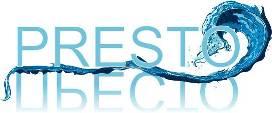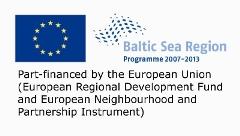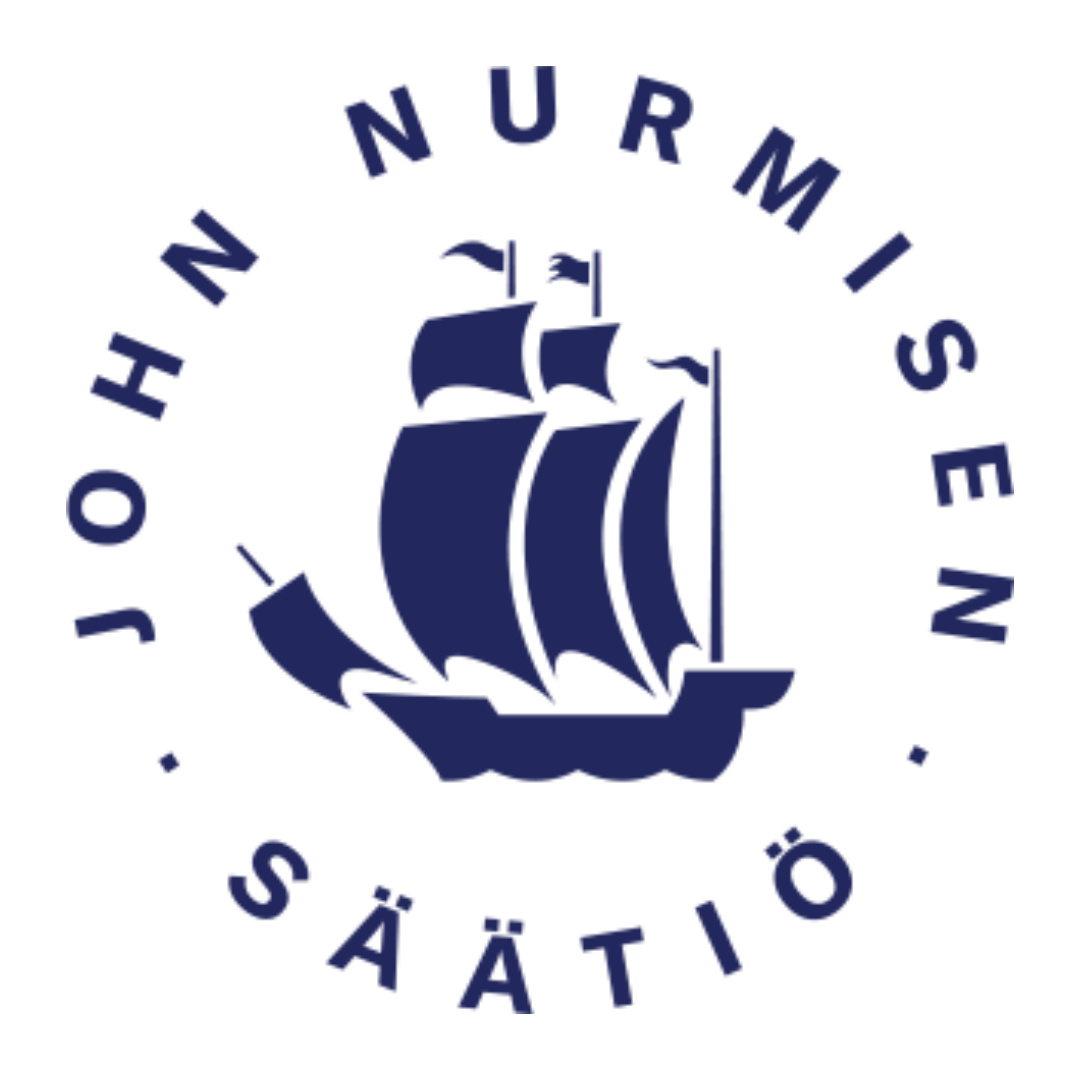The John Nurminen Foundation, Union of the Baltic Cities and Technical University of Berlin have received financing from the EU Baltic Sea Region Programme 2007-2013 for the PRESTO project. The project aims at enhancing nutrient removal in several Belarusian cities located in the Baltic Sea drainage area.
The John Nurminen Foundation is looking for a new team member and
PROJECT MANAGER
for the PRESTO project in Belarus. The employment starts in the beginning of 2012 and continues until December 31, 2012, with a probable extension until March 31, 2014.
Tasks of the project manager include
• Communicating with the Belarusian, Latvian and Lithuanian partner cities.
• Directing technical studies related to the project investments.
• Facilitating communication between an external technical consultant and the partner cities.
• Participating in the procurement of materials and equipment for the project investments.
• Managing the overall implementation of the project investments.
• Reporting to the Baltic Sea Region Programme 2007-2013.
• Organizing project events and meetings.
• Communicating about the project in English and Russian.
The candidate should have
• A university degree in water engineering, environmental sciences/ management, natural sciences or equivalent.
• Experience on international environmental projects.
• Ability to establish and maintain effective working relationships with people of diverse backgrounds, cultures and nationalities.
• Ability to communicate in Russian and English. Knowledge of Finnish is considered an asset.
• Ability to work independently and hands-on.
• Ability to develop clear goals and prioritize activities and assignments.
• Flexible and efficient approach.
• Readiness to travel on a frequent basis.
• Interest in Baltic Sea protection issues.
Our office is located at Pasilankatu 2, Helsinki (Huolintatalo).
Please send your application (incl. salary requirement) and CV by e-mail to Marjukka Porvari, marjukka.porvari@jnfoundation.fi by December 7, 2011. If you wish to receive additional information, please call Marjukka Porvari (+358-41-549 1535) on November 25 at 11-14 or November 28 at 13-16.
 |
 |
Description of the PRESTO project.
PRESTO – Project on Reduction of Eutrophication of the Sea Today
Background
Eutrophication is the major environmental problem of the Baltic Sea. It is caused by overload of nutrients to the Sea from land. According to HELCOM Baltic Sea Action Plan, annual reduction of altogether 15 000 tons of phosphorus and 135 000 tons of nitrogen is required to reach the “clear water” objective. One of the fastest and most cost-efficient methods to reduce the nutrient load is to improve the municipal wastewater treatment processes in the Baltic Sea watershed, especially in Belarus, where an annual load reduction of approximately 1 500 tons of phosphorus and over 5 000 tons of nitrogen can be achieved by matching the HELCOM-recommended level of wastewater purification. Reducing transboundary nutrient load from Belarus motivates also downstream countries to further improve their waste water treatment.
To make the most of the nutrient removal capacity of a modern waste water treatment plant, a skillful operating staff is a necessity. Large modernization programs of former Soviet States and other Eastern European waste water treatment infrastructure are being planned at the moment with the goal to match the present-day requirements for nutrient removal. However, usually local WWTP operating staff, design institutes and technical universities lack knowledge and experience on design and operation of modern waste water treatment plants with enhanced nutrient removal processes. On the other hand, the new EUcountries, such as Latvia, Lithuania and Poland, have already in recent years proceeded substantially in upgrading their wastewater treatment infrastructure and gained valuable experience in the transition process.
Project goals and how to reach them
PRESTO combats eutrophication of rivers and lakes close to partner cities and improves the state of the Baltic Sea by significantly reducing nutrient load to the watercourses. In wastewater treatment plants of Baranovichi, Grodno, Molodechno and Vitebsk (Belarus) technical studies and investments will be
performed to identify and implement the most cost-efficient way to reach the HELCOM-recommended level of nutrient removal.
PRESTO project will organize three dissemination forums to raise awareness about environmental impacts of wastewaters as well as to increase knowledge on efficient wastewater treatment technologies. The topic for the first forum is environment and it will be organized during the project kick-off. The second forum is targeted to WWT operators and designers and it will have a technical approach. The third forum provides an arena for decision makers and authorities to discuss water management policies.
PRESTO increases the competence of operating staff of the WWTPs, WWTP designers and trainers of future wastewater engineers by organizing courses on modern waste water treatment, showing practical examples of reconstruction projects in their different stages and giving opportunities for exchange of
information between waste water treatment specialists from Belarus and EU-member countries, especially the bordering new EU-member countries Latvia and Lithuania with recently upgraded WWTPs.PRESTO supports upgrading of the education programs of Belarusian technical universities on wastewater engineering by training the trainers of the future wastewater engineers.
PRESTO partners from Baltic countries with modern waste water treatment facilities further improve their WWTP performance and share their experiences with other project partners. Very often inadequate handling of the end product, waste water sludge, is a bottleneck for optimum plant performance. For instance, in Daugavpils WWTP (Latvia), insufficient sludge storing capacity poses challenges. Within PRESTO, a detailed investment plan for more sustainable, long-term solution for sludge management is going to be produced. This provides an example for the Belarusian WWTPs of the next phase of improved wastewater management.
Project partners
Union of Baltic Cities – UBC (lead partner – overall project coordination)
John Nurminen Foundation (administering technical studies and investments)
Berlin Technical University, Germany (training, upgrading educational programs) Daugavpils water utility, Latvia (sludge handling plan, sharing of experiences) Kaunas water utility, Lithuania (improvements of waste water treatment process, sharing of experiences) Water utilities/cities of Baranovichi, Grodno, Molodechno and Vitebsk (technical studies, investments, training)
Technical Universities of Brest, Minsk and Polotsk (training, upgrading educational programs)
Associate partners
Belarusian Ministry for Housing and Communal Services, Belarusian design institutes, Finnish Embassy of Lithuania, vodokanals of Slonim, Polotsk, Lida and Brest and University of Latvia Faculty of Geography and Earth sciences.
Co-operation also with:
Baltic Marine Environment Protection Commission HELCOM and Nordic Dimension Environmental Partnership NDEP
